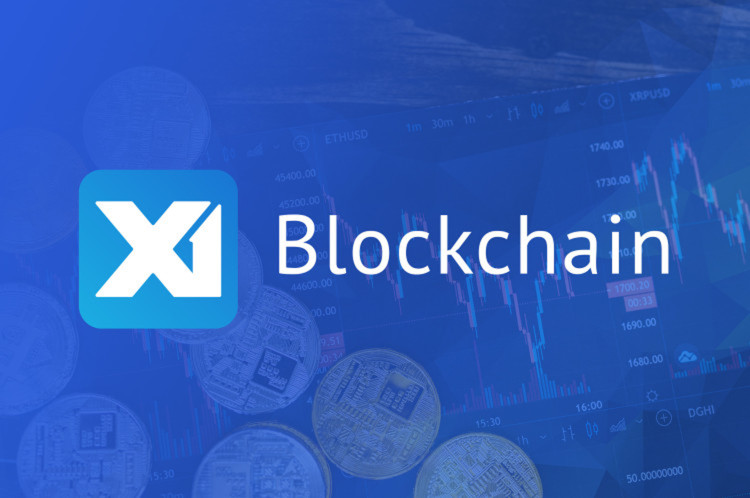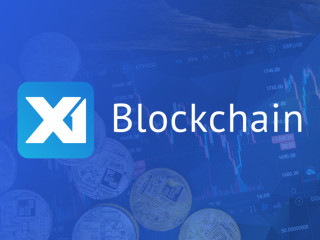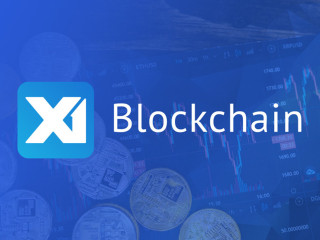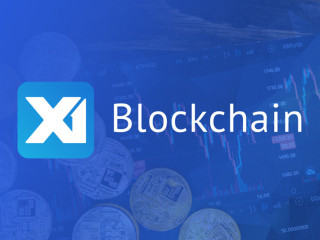
Vitalik Buterin on fix for Ethereum centralization — make running nodes easier
09-05-2023Ethereum co-founder Vitalik Buterin says node centralization is one of Ethereum's main challenges but the perfect solution may not come for another 20 years.
The centralization of nodes is one of the biggest problems facing the Ethereum network and should be addressed by making the running of nodes cheaper and easier, according to Ethereum co-founder Vitalik Buterin.
At current, the majority of the 5,901 active Ethereum nodes are being run through centralized web providers like Amazon Web Services (AWS), which many experts claim leaves the Ethereum blockchain exposed to a centralized point of failure.
Speaking at Korea Blockchain Week, Buterin outlined six key problems that need addressing to solve centralization but highlighted that the node issue was a “big piece of the puzzle” to ensure the Ethereum network remains decentralized in the long run.
“One of those six things is making it technically easier for people to run nodes and statelessness is one of the really important technologies in doing that right,” he explained.
“Today, it takes hundreds of gigabytes of data to run a node. With stateless clients, you can run a node on basically zero.”
The concept of statelessness refers to removing the reliance on centralized service providers to verify activity on the network. According to the Ethereum foundation, true decentralization is not possible until node operators can run Ethereum on “modest” and inexpensive hardware.
As Buterin noted, statelessness forms a key component of the Ethereum roadmap, with major steps towards statelessness being made in “The Verge” and “The Purge” stages:
“In the longer term there’s a plan to maintain fully verified Ethereum nodes where you could literally it on your phone.”
Updated roadmap diagram! pic.twitter.com/MT9BKgYcJH
— vitalik.eth (@VitalikButerin) November 4, 2022
Despite statelessness forming a core part of the Ethereum roadmap, Buterin admitted that these highly-technical concerns were unlikely to be addressed any time in the immediate future.
“These technical problems will have to be addressed eventually — maybe a 10-year timescale, maybe a 20-year timescale,” he said.
Outside of statelessness, Buterin said the next-most significant moves towards decreasing Ethereum centralization included, making documentation easier, lowering barriers to distributed staking, ensuring staking was more secure and more broadly; making it more convenient to stake Ether (ETH) in general.
Ultimately however, Buterin concluded that the most time-sensitive and pressing concern for Ethereum as whole was achieving higher levels of scalability.
At present, Ethereum scaling protocols dominate the use of zero-knowledge (ZK) rollups.
ZK-rollups have been lauded by many within the Ethereum community as a key tool to achieving scalability, as ZK rollups work to improve throughput on the main Ethereum chain by moving computation and state-storage off chain.
Source: Cointelegraph.
More from this category

Charles Hoskinson points to 2 major upgrades amid Cardano ‘dunking’
04-08-2024The Cardano co-founder is fighting FUD again following a BitBoy video claiming ADA is dead. Cardano co-founder Charles Hoskinson has his eye on two major upgrades — at least one of which is slated th...

Over $1B in US Treasurys have now been tokenized on-chain
03-28-2024The new milestone was reached shortly after the launch of BlackRock's first tokenized asset fund — BUIDL, which joined 16 other tokenized government securities funds last week. More than $1 billion w...

Sygnum bank to tokenize $50M of Matter Labs’ reserves for transparency
03-20-2024The crypto-forward banking group is tokenizing funds in the Fidelity Institutional Liquidity Fund, the first time it has tokenized traditional assets. Swiss-based global digital asset banking group...